Have you ever thought “I can´t stand anymore”, “This work is not paid”, “Don´t worth it”, “I should change service” or even, “I am going to give up this profession”?. A high percentage of professionals who work in the ICU have done so.
This wish of abandonment appears associate to the dissatisfaction labour, to the discouragement and to the professional exhaustion (burnout). Is it normal, isn´t it?: If we burn, we remove our hand. The need to distance from the work context, from the difficult personal interactions that occur, the difficulty in handling the load of work and emotional demands; the need of flee of the feeling of inequity between the everyday effort and the received reward, make the professional want to escape of all this.
We can´t understand these situations without attending to the main triggers: variables from the task, of the organization of the work, a bad definition of functions, lack of materials and personal resources, management priorities little compatible with welfare ones… All of them are keys in the process of wear and in the loss of professional expectations.
However, the professional engagement is always personal. We seek the rewarding of the acquisition and application of clinical and technical skills, scientific knowledge, the service, the social value of the work done… but above all this, the health profession is the contact with the “other”, with another human being in circumstances of suffering and that, through the profession, we connect, understand their suffering and try to alleviate it.
There are external and internal factors that will connect with “good” and “evil” in this work, and that will motivate us (or not) to follow. Thus, we speak of two types of motivation as two complementary engines for action.
* Extrinsic motivation: is determined by external factors to ourselves but essential for well-being at work such as the salary, the external recognition, promotion, incentives arising from an action… It allows address basic needs, increasing our interest, informing us of the scope of objectives, giving satisfaction to short term and can be point of split for the intrisic motivation.
* Intrinsic motivation: as its name suggests, comes from inside out. It involves the realization of a task or conduct by own satisfation, getting involved, searching challenges in which exercise the own skills (emotional and technical) and generating welfare to long term.
We need both, but can influence especially in the second one. We know that it is decisive in emotional well-being at work, in life in general, and a protective factor against burnout. To get fuel to this engine, we have to be able to define our interests, personal values and own goals, recognizing the challenges to deal with them and the abilities we need searching for them through the professional activity. Just so we can enjoy the experience that work can produce. A good purpose for the new year: searching our intrinsic motivation.
Recovering the humanization in the work with critically ill patients, their families and our ICU team can be an example. It will connect us with the essence of why we chose a profession to help people: we will connect with ‘the other’ making sense to our activity. Considering us also from that compassionate perspective, will allow the self-care, facilitating to be more satisfied and with this, feeling stronger in the adversity and don´t give up.
Do you want to join us?
PhD in Clinical Psychology. Member of the teaching team of Proyecto HU-CI

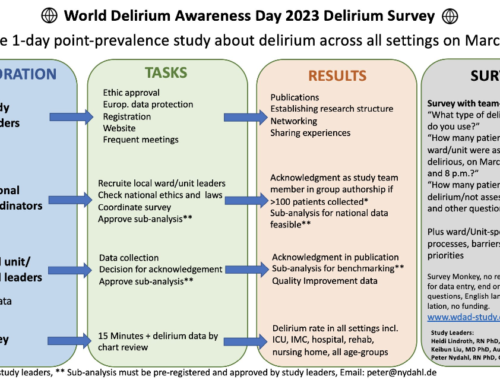
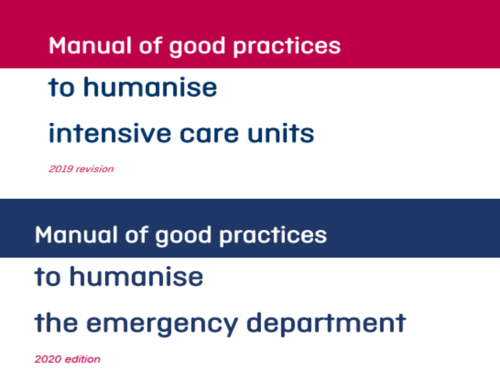
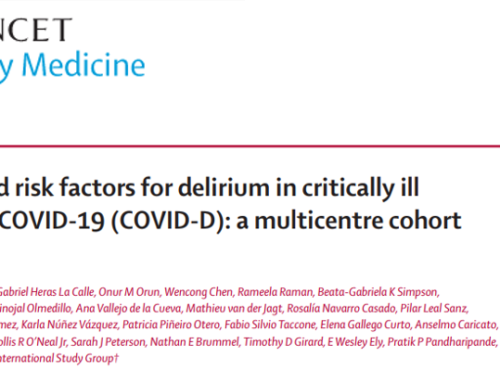
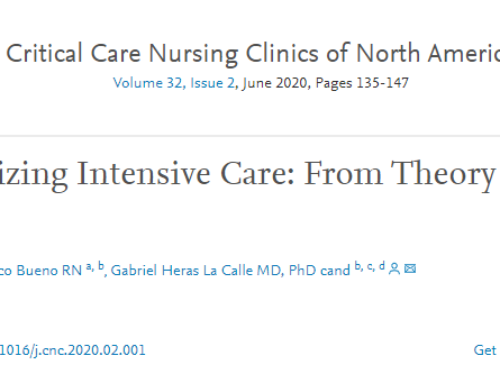
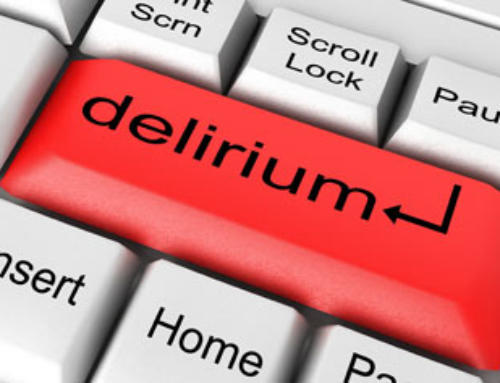
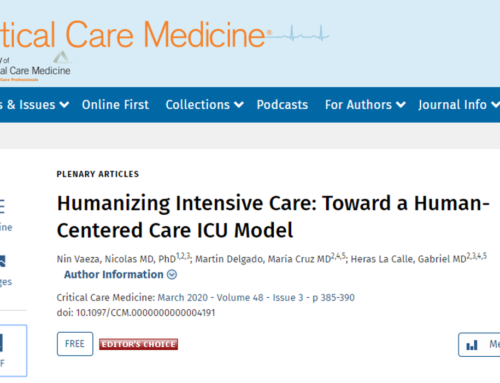
[…] month, in The temptation of giving up we talked about how appear from Humanization numerous possibilities for feeding the engine of […]